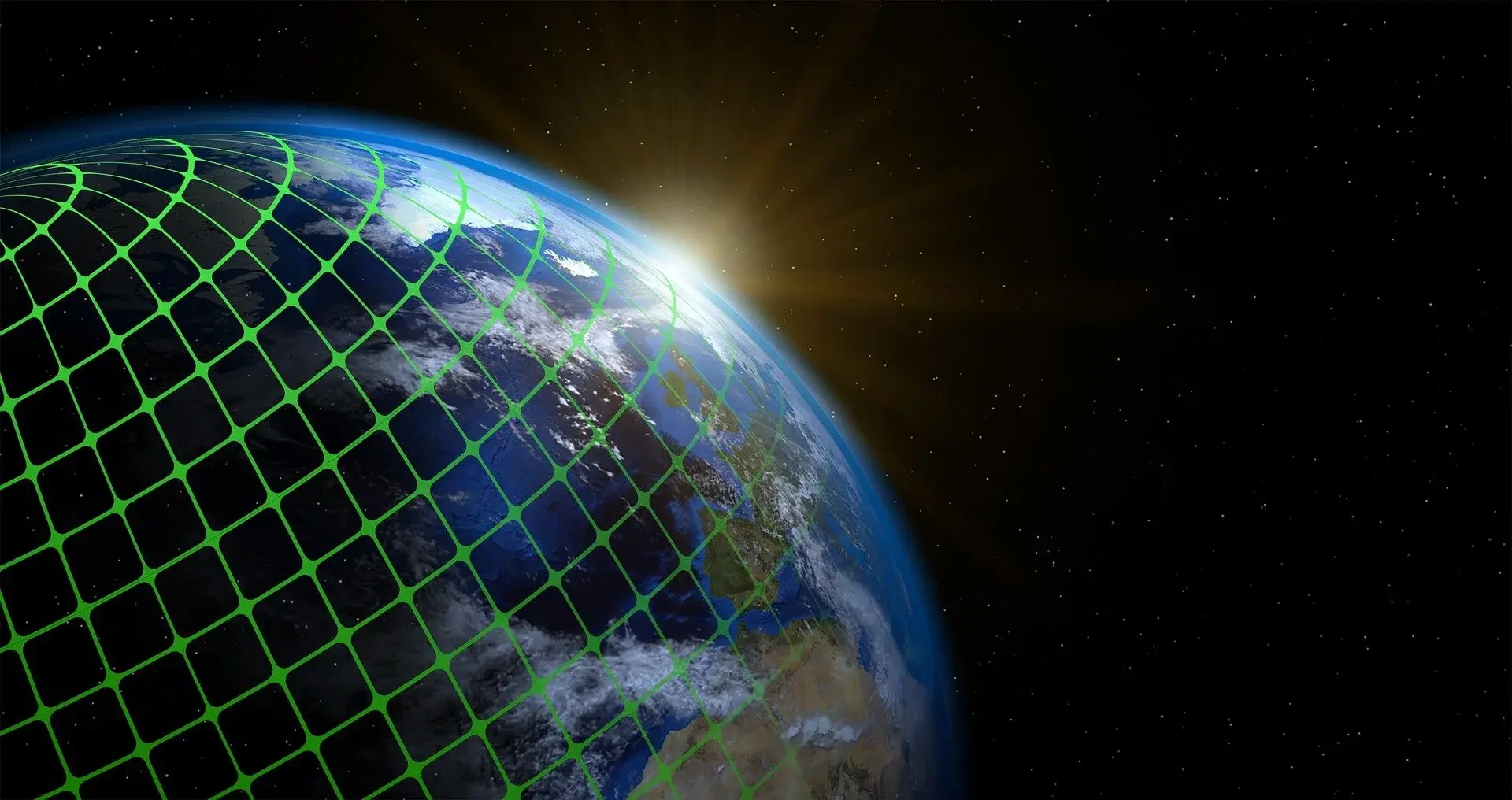The simulated universe theory implies that our universe, with all its galaxies, planets and life forms, is a meticulously programmed computer simulation. In this scenario, the physical laws governing our reality are simply algorithms. The experiences we have are generated by the computational processes of an immensely advanced system.
While inherently speculative, the simulated universe theory has gained attention from scientists and philosophers due to its intriguing implications. The idea has made its mark in popular culture, across movies, TV shows and books—including the 1999 film “The Matrix.”
The earliest records of the concept that reality is an illusion are from ancient Greece. There, the question “What is the nature of our reality?” posed by Plato (427 BC) and others, gave birth to idealism. Idealist ancient thinkers such as Plato considered mind and spirit as the abiding reality. Matter, they argued, was just a manifestation or illusion.
Fast forward to modern times, and idealism has morphed into a new philosophy. This is the idea that both the material world and consciousness are part of a simulated reality. This is simply a modern extension of idealism, driven by recent technological advancements in computing and digital technologies. In both cases, the true nature of reality transcends the physical.
Within the scientific community, the concept of a simulated universe has sparked both fascination and skepticism. Some scientists suggest that if our reality is a simulation, there may be glitches or patterns within the fabric of the universe that betray its simulated nature.
However, the search for such anomalies remains a challenge. Our understanding of the laws of physics is still evolving. Ultimately, we lack a definitive framework to distinguish between simulated and non-simulated reality.



A lot of the simulation theory proponents propose that we’re the creators of the simulation. That an advanced human society spins up simulations to test theories on whatever… evolution, progress, history, you name it. In that case we’re actually nothing. We’re lines of code. But we’re lines of code created by our future society. Or present society really, but that reality is outside our knowledge.
I just finished a sci-fi fiction series called The World Walker and it gets pretty deep into simulation theory. It was a very interesting and thought provoking read. You have to wade through 2 whole books before they get to that part though, so don’t expect to pick it up and jump right in. It’s definitely worth a read IMO though, if you’re interested.
Anyways, the point is that if we’re truly in a simulation, then we’re nothing. We don’t exist. You could propose that all consciousness is existence, AI or otherwise, but we don’t exist in the physical realm. If it is humanity, or some unknown culture that created the simulation is irrelevant as far as we’re concerned.
If we’re in a simulation then we’re meaningful to whoever is running it, assuming we’re being observed. I would assume all life is meaningful to them as well though. I guess it depends on their objectives. If we’re not in a simulation then we’re meaningful to ourselves, being the only advanced society we’re aware of. Either way, humanity means something, it’s just a shame that none of us can agree on what that is.
Edit: I just read a theory last week that our entire universe may exist inside of a black hole. If that’s true then we’ve indirectly observed multiple universes already. It makes me think of the closing scene to Men In Black where the aliens are playing marbles with our entire universe. That’s an interesting theory too.
We’re the creators? As in the human race? Okay, I actually think that I understand your point now. If we start with the assumption that the universe was run by beings like us, and they based it on their own universe, then I’d have to agree with your position that those beings would probably be interested in our life.
Whenever I said that the universe could be a simulation, carried out by a creator, I meant those terms in only the most abstract sense. I didn’t assume a human or human-like creator, or that our universe has any resemblance to theirs.
Semantics man, that’s what it always comes down to. Good conversation
Yup! That’s the most common proposition I’ve read for simulation theory. Good chat indeed.